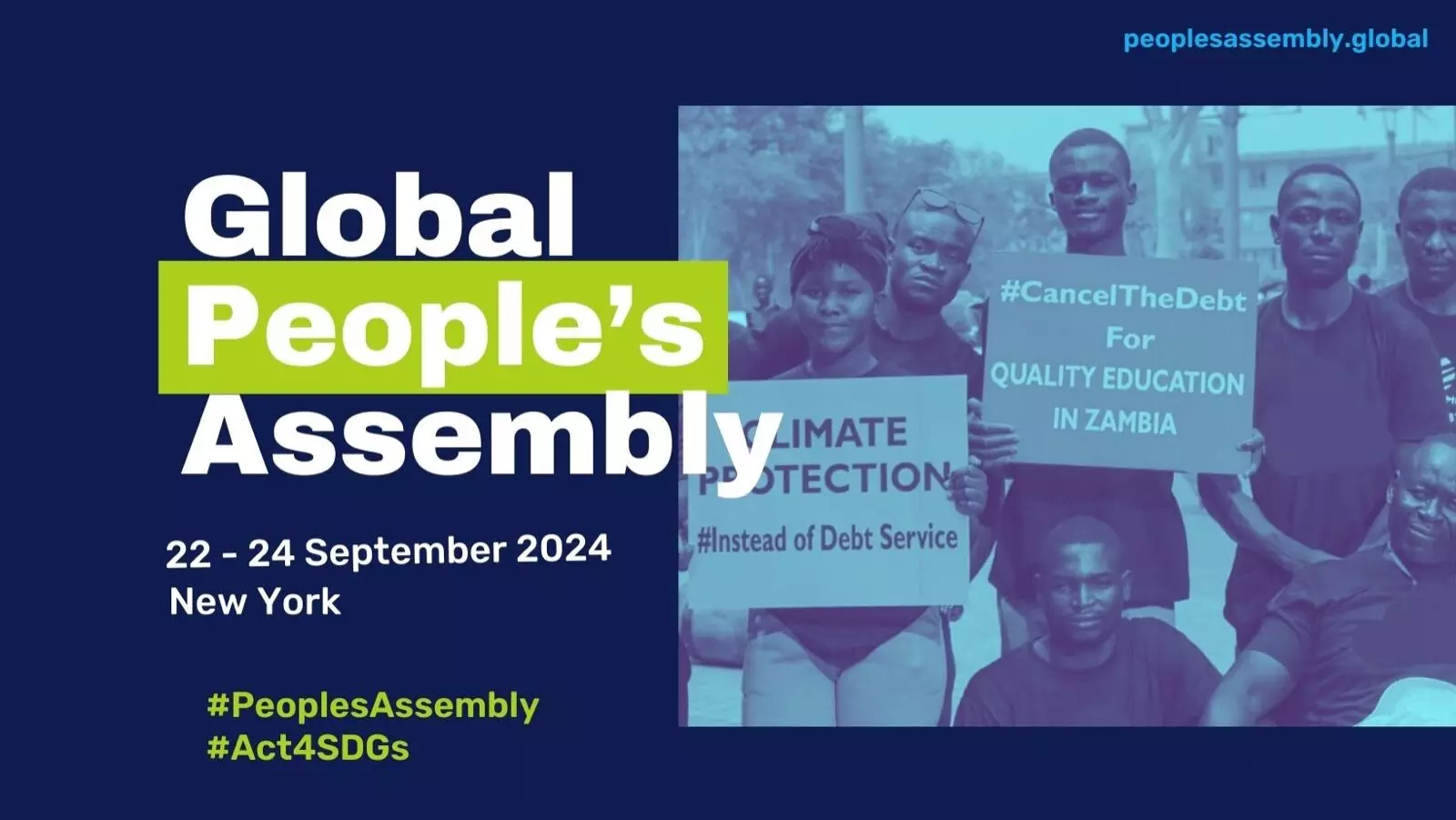Civil Society Demands Radical Overhaul of Global Financial Systems at UN Summit of the Future

NEW DELHI/ NEW YORK: As world leaders gather at the 'UN Summit of the Future', hundreds of civil society activists have united across from the UN headquarters, demanding radical changes to the international financial system. The Global People's Assembly, representing marginalised communities worldwide, is calling for urgent reforms to tackle poverty, inequality, and climate injustice.
Organised by the Global Call to Action Against Poverty (GCAP) and supported by over 50 organisations, the Assembly is the culmination of months of grassroots mobilization. With more than 400 activists present, the event amplifies the voices of those left behind by current global systems. Activists are calling for structural changes to address systemic barriers such as discrimination, unequal political participation, and debt burdens, which disproportionately impact developing countries.
One of the key issues raised is the mounting debt crisis facing nations in Latin America, Africa, and Asia, which has worsened due to the COVID-19 pandemic and global conflicts. Mae Buenaventura from the Asian People’s Movement on Debt and Development highlights the devastating consequences of illegitimate debt, which has led to displaced communities and slashed budgets for essential services like healthcare and education. Activists are demanding the unconditional cancellation of these debts.
The Assembly also underscores the need for climate justice and increased financial support for developing countries. Dr. Mithika Mwenda from the Pan African Climate Justice Alliance insists that wealthy nations must commit to new climate finance goals to help vulnerable communities adapt to the worsening impacts of climate change.
As civil society faces growing repression globally, activists warn that attacks on non-governmental organisations threaten the very foundation of democratic accountability. Leaders at the summit are being urged to prioritise the voices of the marginalised and implement bold reforms that advance economic justice, human rights, and sustainable development for all.



